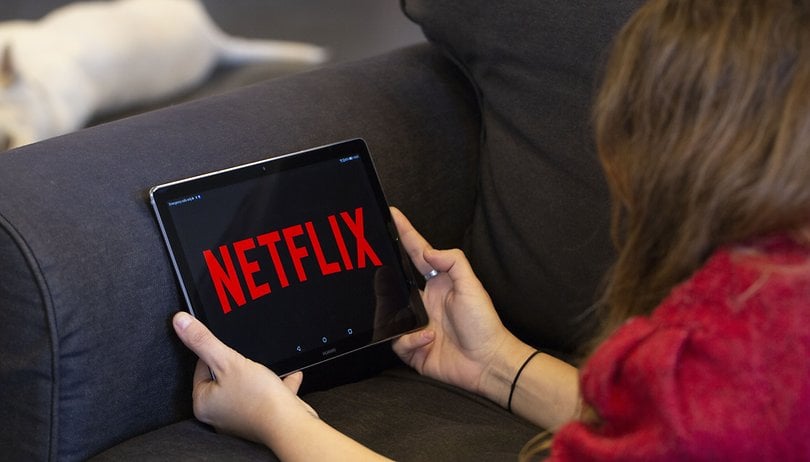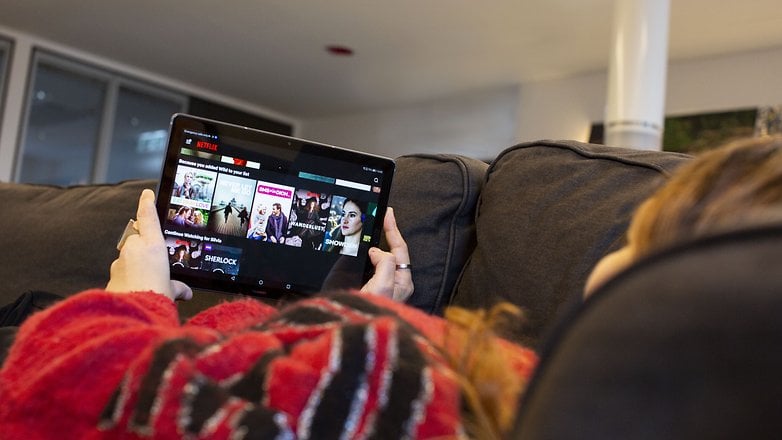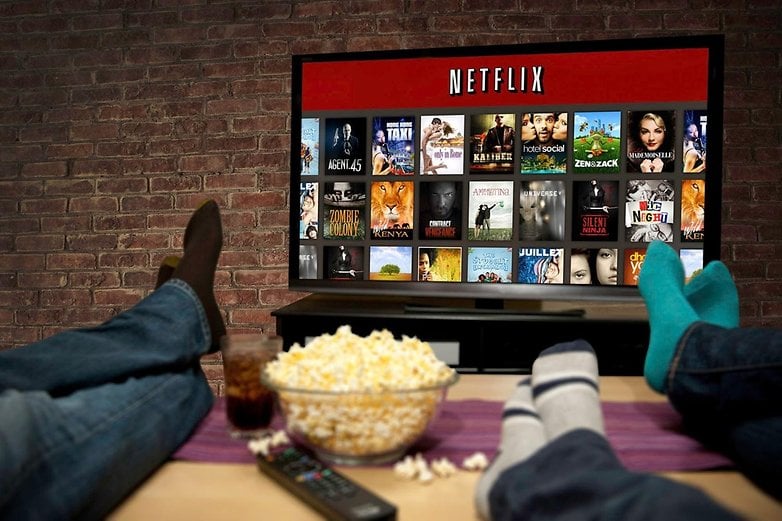Streaming Wars: why we will all end up paying more


The phrase "Streaming Wars" is currently cropping up more often. New services are entering the market and raising the question of what is happening with Netflix. The provider itself apparently is not worried - and for understandable reasons.
When you talk about video streaming, many people think directly of Netflix. After all, the provider has been active since 1997, although there was no streaming at that time. In 1997, only 56kbps modems were on the market. It was only two years later that I was able to enjoy my own (expensive) Internet connection. Instead, Netflix was an online DVD rental company. The first DVDs could be ordered from Netflix in the USA in 1998. It's very different today.
Netflix only started its streaming business in 2007. It didn't hit some European regions until 2014 - 17 years after foundation. I am now writing in 2019, so even in Germany Netflix has been on the road for five years. And in November, Apple will add AppleTV+ as another streaming provider. Next year Disney will follow with Disney+.

Exactly this has already caused some to talk about the death of Netflix. The streaming wars are upon us, sure. But the end of Netflix? It won't come to that. At least not so fast. The competition, however, will certainly be greater and besides the providers, this will above all have an impact on us, the consumers. And on our wallets.
Netflix is not worried
Interestingly, Netflix has only just expressed itself on this subject. In a letter to shareholders:
"Many are focused on the “streaming wars,” but we’ve been competing with streamers (Amazon, YouTube, Hulu) as well as linear TV for over a decade."
That's exactly what you have to remember. Netflix had never had the market to itself. In North America, NBC and others launched Hulu in 2007. The provider, in which Disney of all companies holds the most shares today, also began to offer a subscription model a few years later. Then there's Amazon's Prime service. This also exists in Europe. YouTube now also offers premium content. And let's not forget the local providers, like Maxdome.
Now there will be even more competitors. Netflix sees this the same way, but is still confident:
"The upcoming arrival of services like Disney+, Apple TV+, HBO Max, and Peacock is increased competition, but we are all small compared to linear TV. While the new competitors have some great titles (especially catalog titles), none have the variety, diversity and quality of new original programming that we are producing around the world."
Next year, we'll all have more than one subscription
There is no doubt that the streaming market will be more competitive and providers will play to their strengths. Disney's gonna pull its content from Netflix. This also means that Marvel movies and Star Wars will only be available on Disney+. Disney has just released their first three-hour (!) trailer.
So if you want to watch Marvel movies or something like that in the future, you will probably have to register at Disney+. And yet I do not believe that this will be at the expense of Netflix. Netflix does expect a headwind, as the letter says. Growth is likely to be slower for the time being and this has been taken into account in the company's own targets.
Netflix cites Canada as an example. There's no Hulu there. And yet the growth is the same as in the USA, where Hulu has around 30 million paying customers. Canada is indeed an excellent example. I lived there and many of my friends had a Netflix subscription. Or rather, two Netflix subscriptions. Finally, Netflix licenses content on a country-specific basis. Since there were other series and movies in the USA, some of my friends had a subscription with Netflix Canada and then another one with Netflix USA. They used a VPN to watch the non-local one. People do this in Europe too.
You win some, you lose some
It will now develop in precisely this direction. Few people will cancel their Netflix subscription, and some customers will simply take out a second one. Anyone who's into Marvel will no doubt land at Disney. Apple customers are lured by the fact that they get an annual subscription with the purchase of a product first of all. Nevertheless, AppleTV+ is not very interesting as a Netflix replacement, as there will be only in-house productions for the time being.

Netflix has long understood that not only licensed titles are important. Of course, you can't do without blockbusters. But Netflix has been producing its own great content for quite a while now. Meanwhile, it even turns up at film festivals like the Berlinale! Which, in turn, the cinema operators don't like at all.
The competition is therefore also good for us consumers. Because Netflix will invest even more money in its own productions in the future - which in the long run will certainly lead to further increase to subscription prices. And the provider has already worked with renowned filmmakers and actors in the past. There are still some great movies and series to come. Many certainly don't want to do without this, but they also want to profit from the new offers. That's why we'll all be spending more money on video streaming next year.
By 2024, Disney wants to win 60 to 90 million subscribers. I'm sure there will be a lot of Netflix subscribers there. I will probably be one of them. Because I like most of Netflix's library. And I want to watch the Simpsons!














Have tried a few of the streaming services like Amazon Prime, Netflix, Hotstar, Hooq & Eros Now.
Currently I use only Amazon Prime as that for me is the most value for money product. For ₹.999/Year I get all the prime content, Prime music & priority delivery from Amazon.
Compared to that Netflix costs ₹. 500/month for SD content & ₹. 700/month (I think) for HD. One thing I found really bad was their content library itself. They were very few US produced content in there. We got mostly UK content.
Eros Now had only Indian content.
Hotstar, Hooq had very limited library. It was more pay to view content. Didnt make sense to pay for a subscription & then pay again to view the content. Customer care was lousy too.
-
Admin
Oct 25, 2019 Link to commentWhat about not paying anything ? What is wrong with the old model of the old style tv where the content was paid by advertising ?
Watching something uninterrupted & at a time that is convenient for me is a plus for me.
At the end I agree. If you want to watch more content you will have to pay more on the different platforms, but that doesn´t make me happy
Patience will let you watch all things for free eventually. Is it really worth the cost of seeing it NOW?